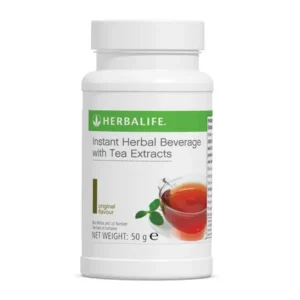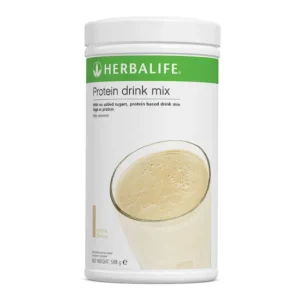In recent times, the importance of a robust immune system has become more evident than ever before. Our body’s natural defence mechanism is crucial in protecting us from infections, diseases, and other health challenges.
While a balanced diet and proper sleep play vital roles in bolstering the immune system, the impact of exercise should not be underestimated. Regular physical activity is not only a key component of maintaining overall health but also a powerful booster of the immune system. In this article, we will explore the science behind the relationship between exercise and the immune system, and how incorporating regular exercise into our lives can lead to a stronger, more resilient body.
The Link between Exercise and the Immune System
Numerous scientific studies have established a clear link between exercise and immune function. Moderate and consistent physical activity has been shown to enhance the immune system’s ability to fend off infections and illnesses. The mechanisms behind this effect are multifaceted and involve various physiological and biochemical responses.
- Increased Circulation of Immune Cells: During exercise, the heart rate rises, and blood flow increases. This heightened circulation aids in the movement of immune cells throughout the body, allowing them to reach potential infection sites more quickly and efficiently. Enhanced circulation ensures that immune cells, such as white blood cells and antibodies, can promptly identify and neutralise foreign invaders, reducing the risk of infections.
- Reduction of Inflammatory Markers: Chronic inflammation can weaken the immune system and contribute to various health problems. Regular exercise has been shown to reduce the production of pro-inflammatory markers and promote anti-inflammatory cytokines. This balancing act can help prevent an overactive immune response that might otherwise lead to autoimmune disorders.
- Stress Reduction: Stress, whether physical or psychological, can take a toll on the immune system. Exercise has proven to be an effective stress-reliever, triggering the release of endorphins, often referred to as “feel-good” hormones. By reducing stress levels, exercise helps to modulate the immune system, keeping it in a more balanced state and improving overall immune function.
- Enhanced Gut Health: A healthy gut microbiome is closely linked to a robust immune system. Regular exercise has been associated with a positive impact on gut health, fostering a diverse community of beneficial bacteria. These microorganisms play a crucial role in training the immune system and promoting optimal defence against pathogens.
The Types of Exercise and Their Immune-Boosting Benefits
Various forms of exercise can contribute to strengthening the immune system. These include:
- Aerobic Exercise: Engaging in aerobic activities such as brisk walking, jogging, cycling, and swimming can improve cardiovascular health and increase blood flow, which, in turn, aids the immune system in reaching potential threats efficiently.
- Resistance Training: Lifting weights or performing bodyweight exercises helps build lean muscle mass and increases bone density. Resistance training has been shown to promote the production of white blood cells, crucial in defending the body against infections.
- Yoga and Mind-Body Exercises: Mind-body exercises like yoga, tai chi, and meditation not only reduce stress but also have been linked to positive changes in immune function, particularly in reducing inflammation.
- Outdoor Exercise: Spending time outdoors for physical activity provides the added benefit of exposure to natural sunlight, which is a natural source of Vitamin D. Vitamin D plays a significant role in immune regulation and helps in the prevention of infections.
Exercise is a potent ally in supporting the immune system and maintaining overall health. The myriad of benefits that regular physical activity provides extends beyond weight management and cardiovascular health. Exercise helps to optimise immune function by increasing the circulation of immune cells, reducing inflammation, managing stress, and supporting a healthy gut microbiome.
While exercise can be a powerful tool in boosting the immune system, it is essential to strike a balance and avoid overtraining, as excessive exercise can have the opposite effect on immunity. A consistent and moderate approach to exercise is the key to reaping its immune-boosting benefits.
As we navigate through the ever-changing landscape of health challenges, let us remember that exercise is a potent medicine—one that empowers us to take charge of our well-being and build a stronger, more resilient body capable of withstanding the trials that life presents. So, lace up your sneakers, hit the gym, or step out into nature, and let exercise become your immune system’s most reliable ally.
Herba Health Shop – Independent Herbalife Distributor 💚






